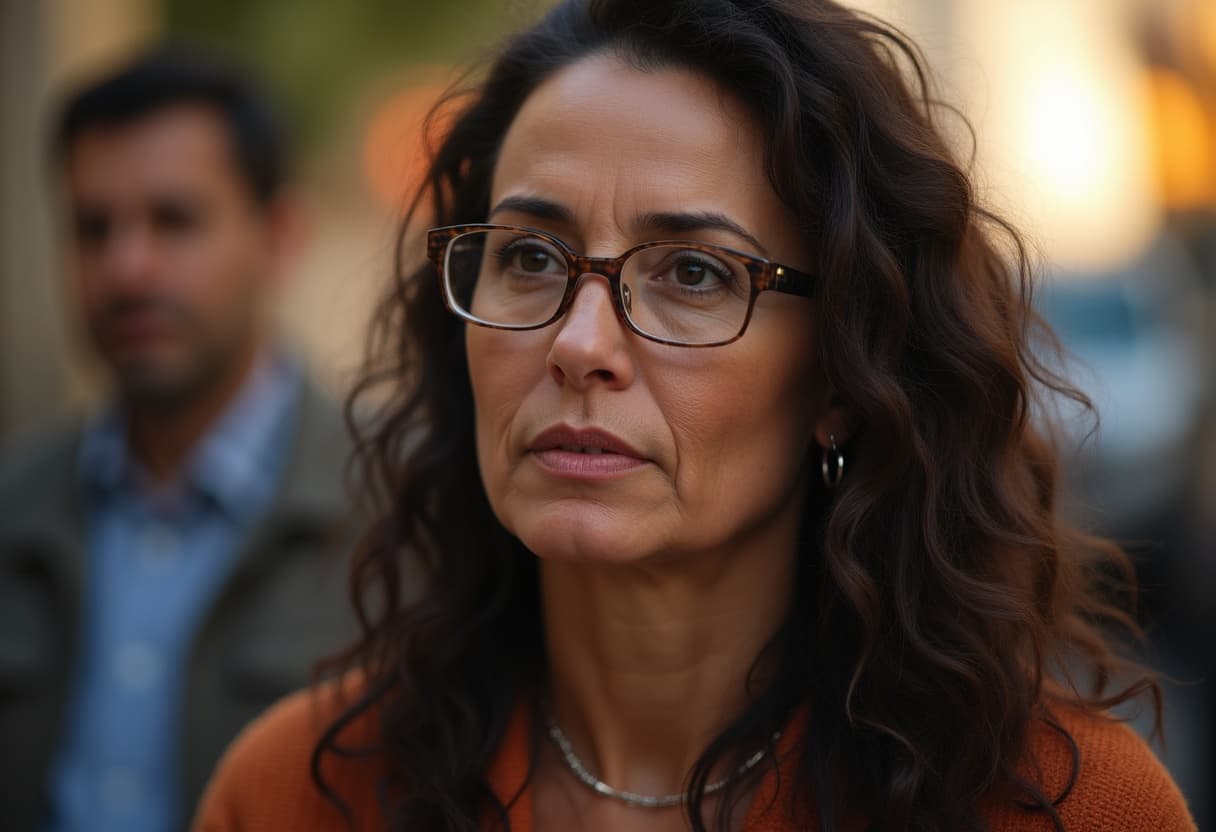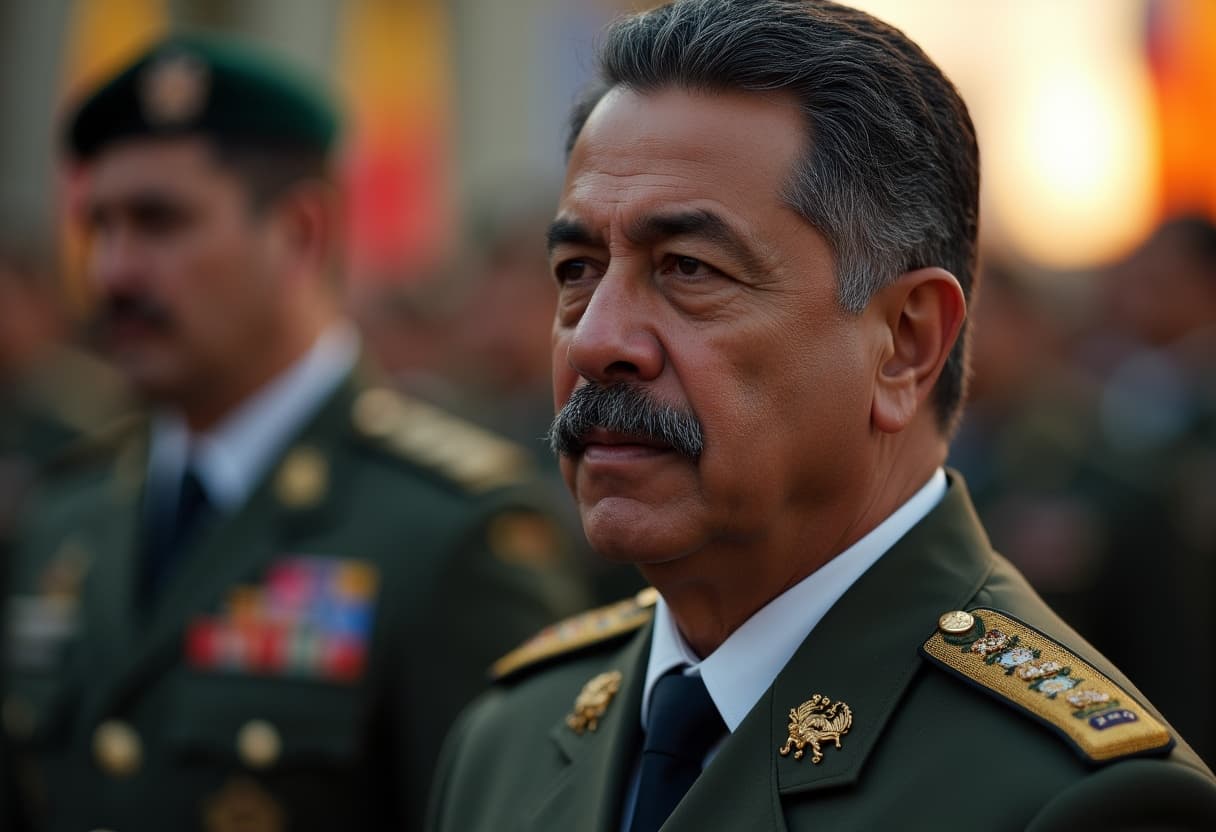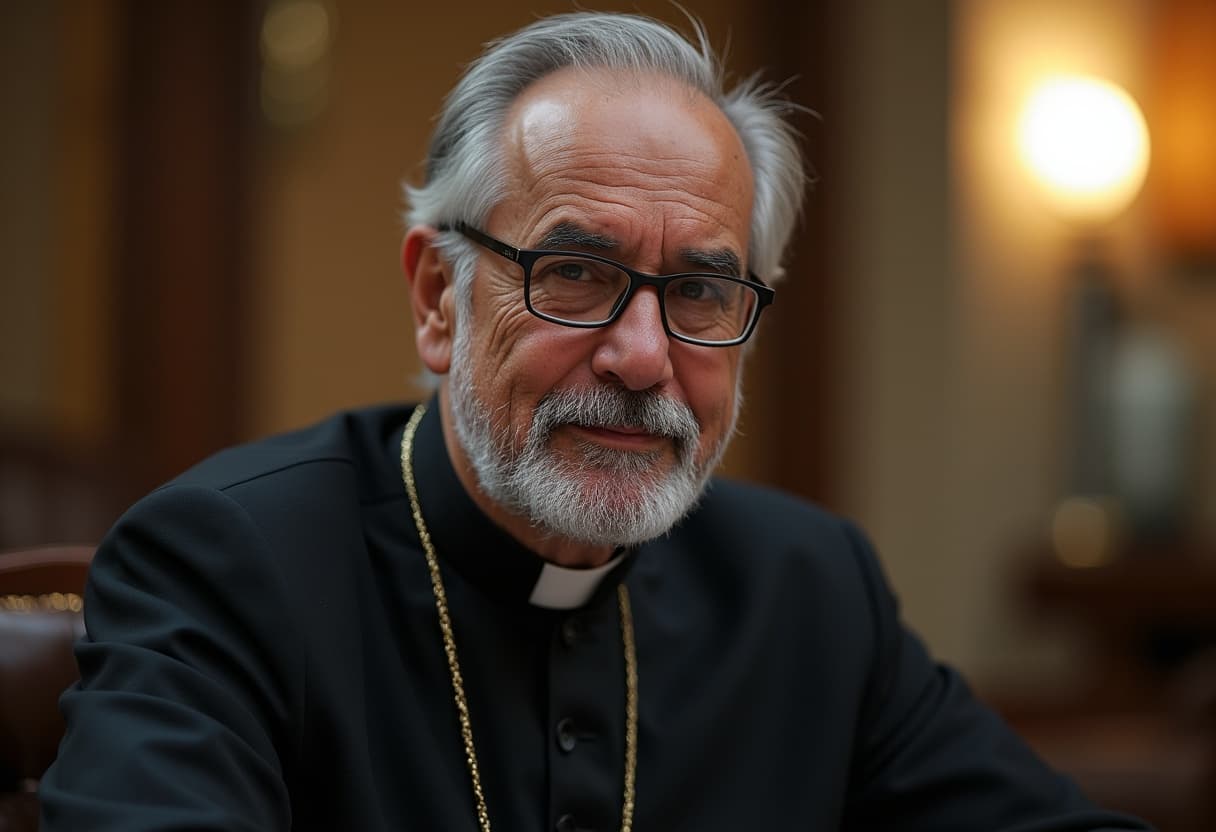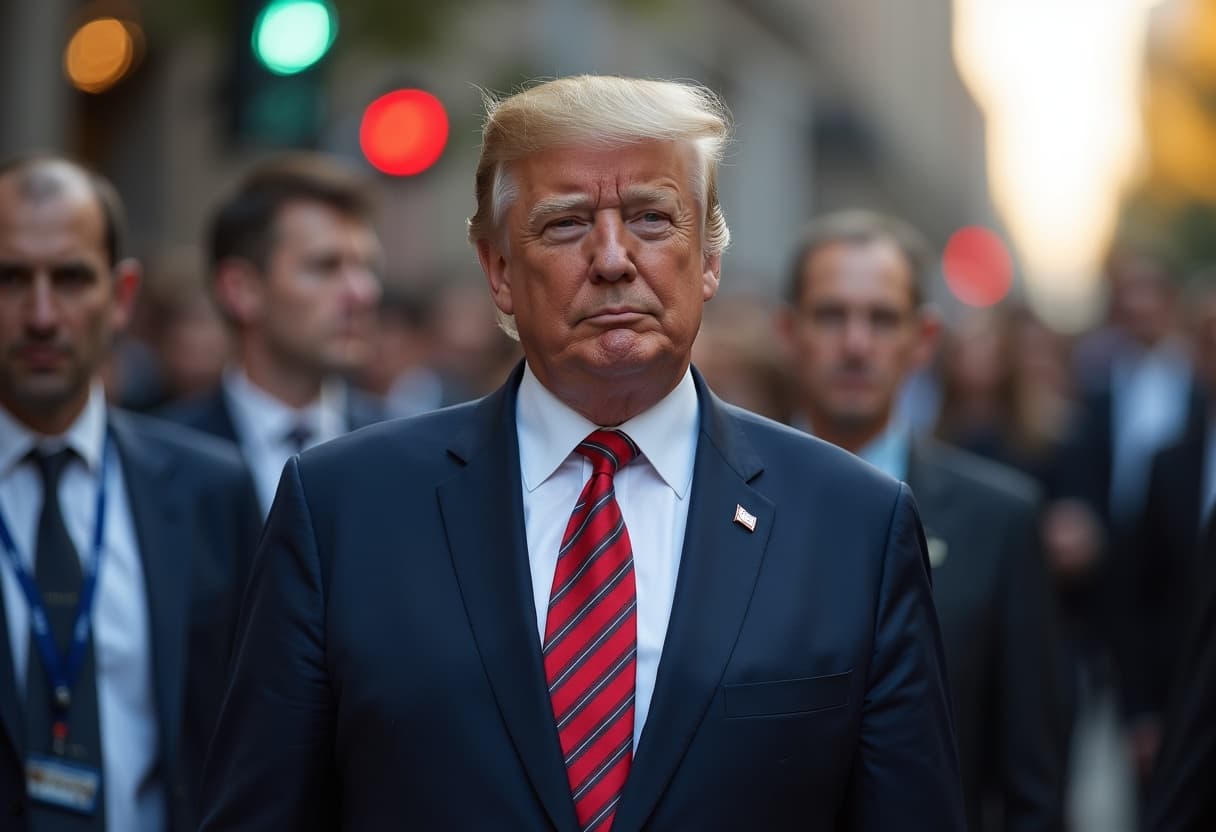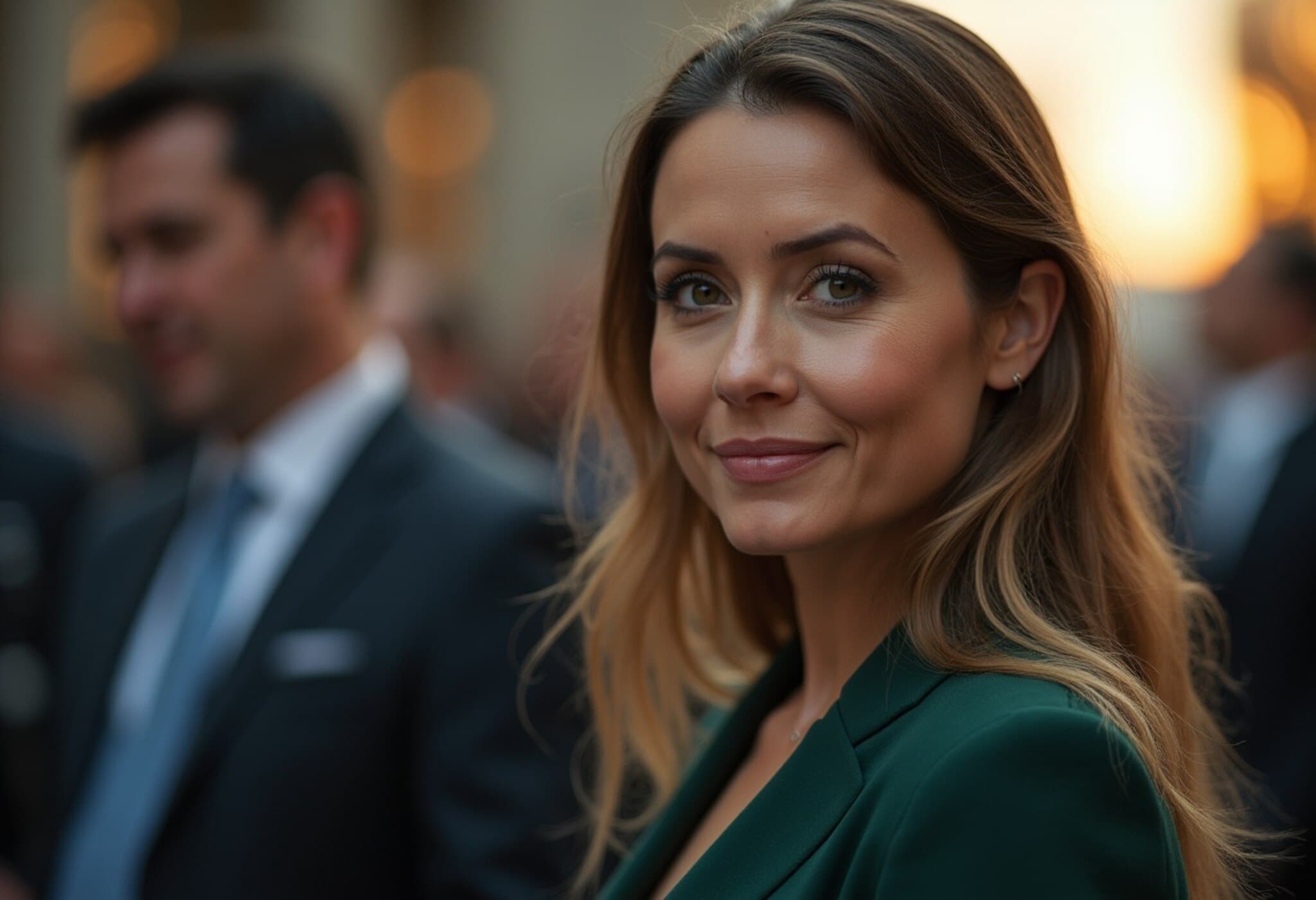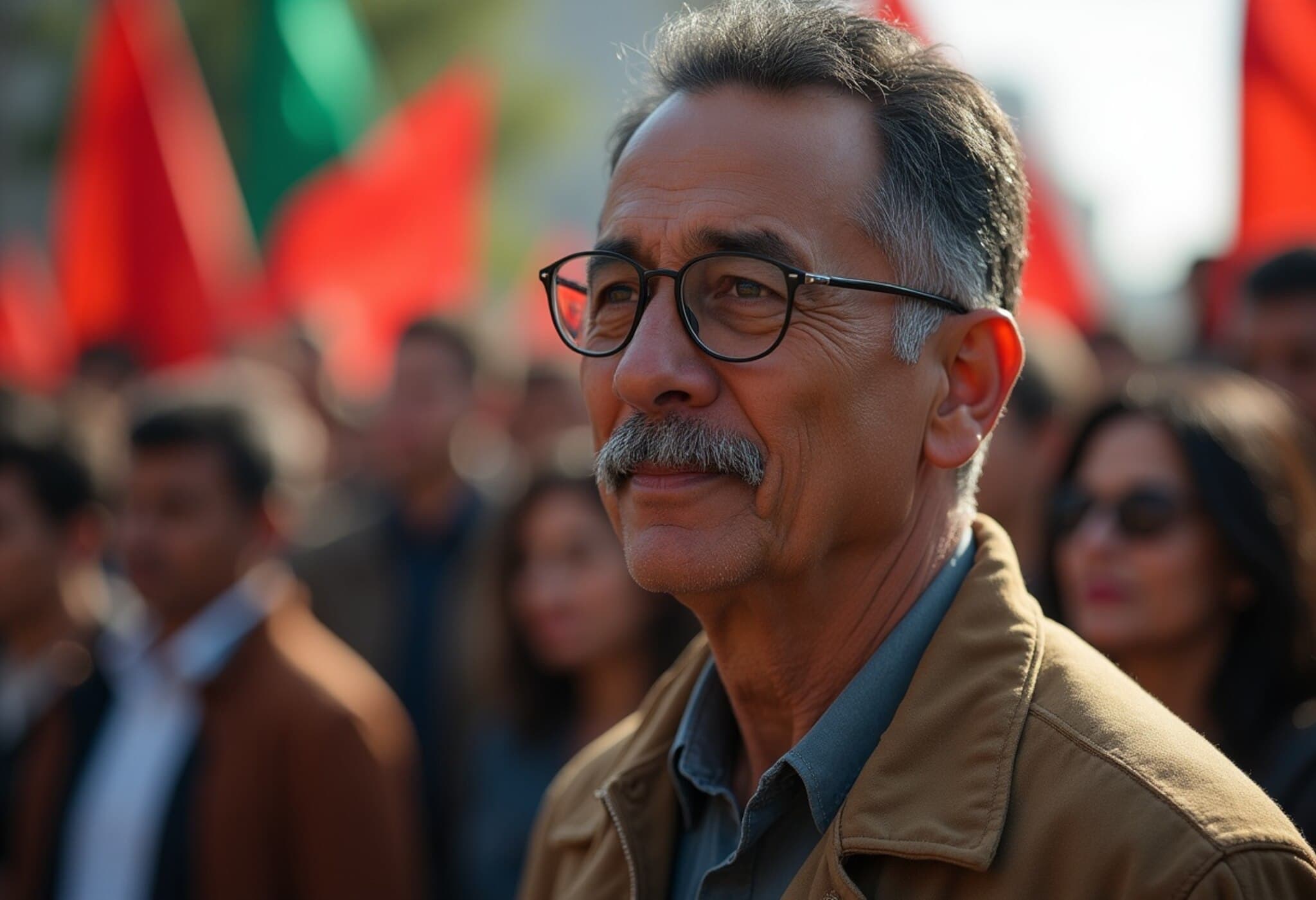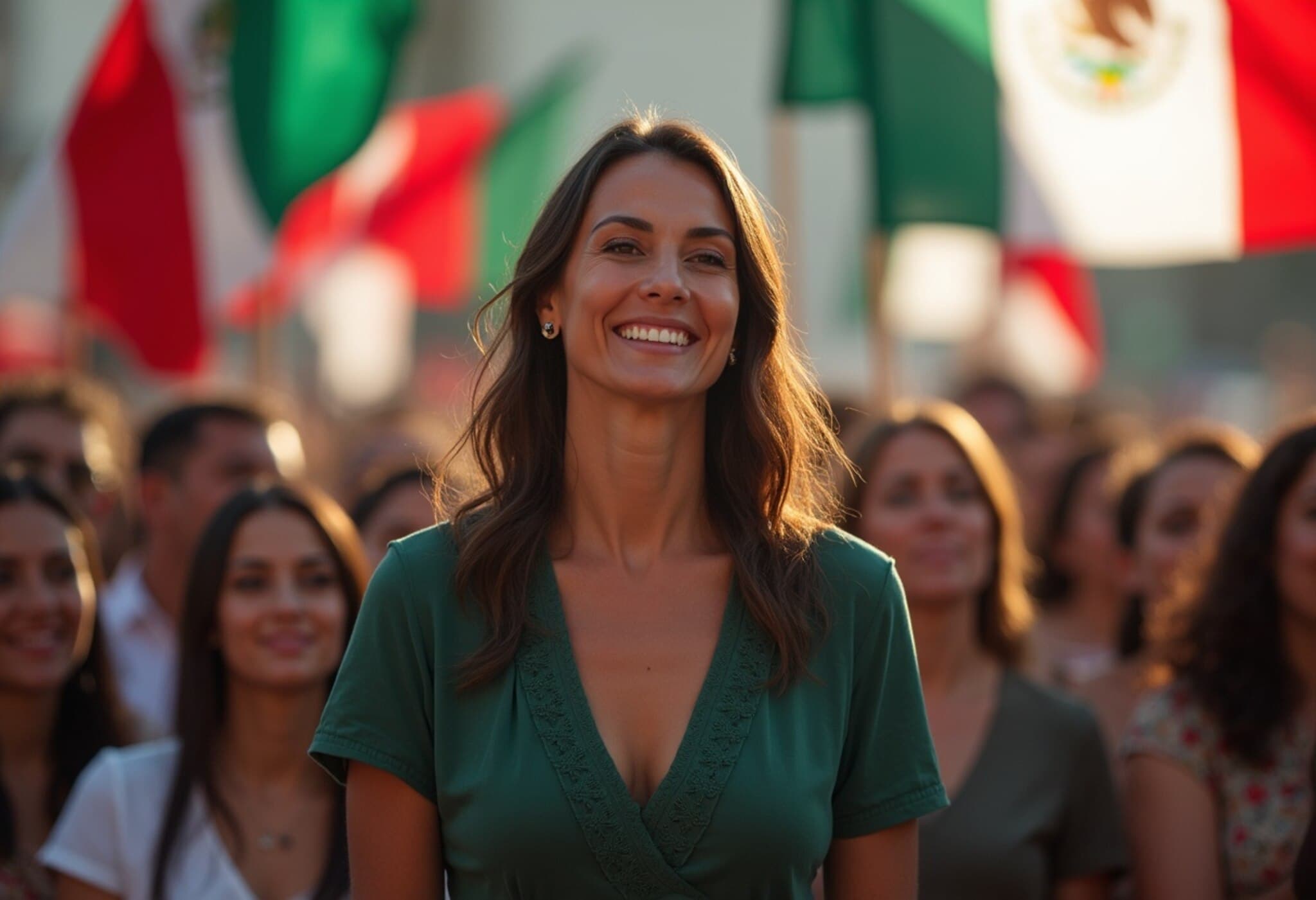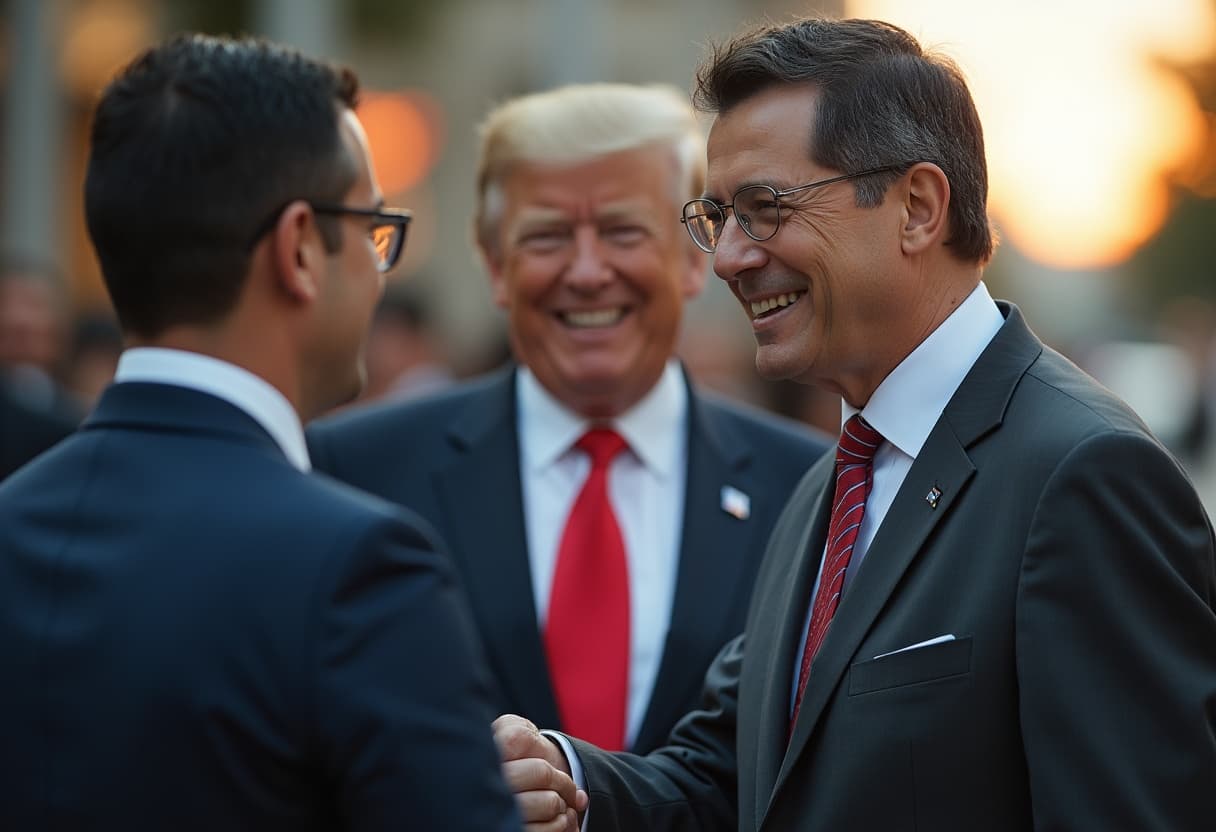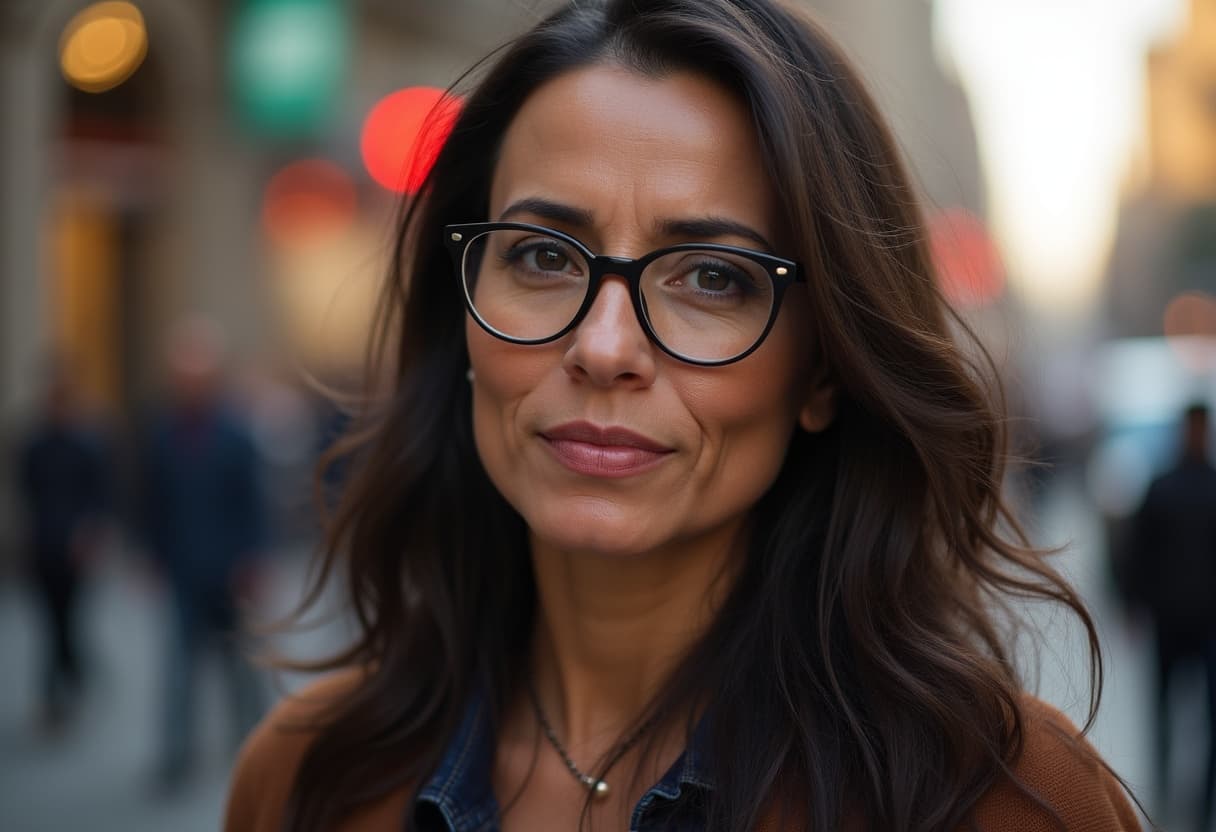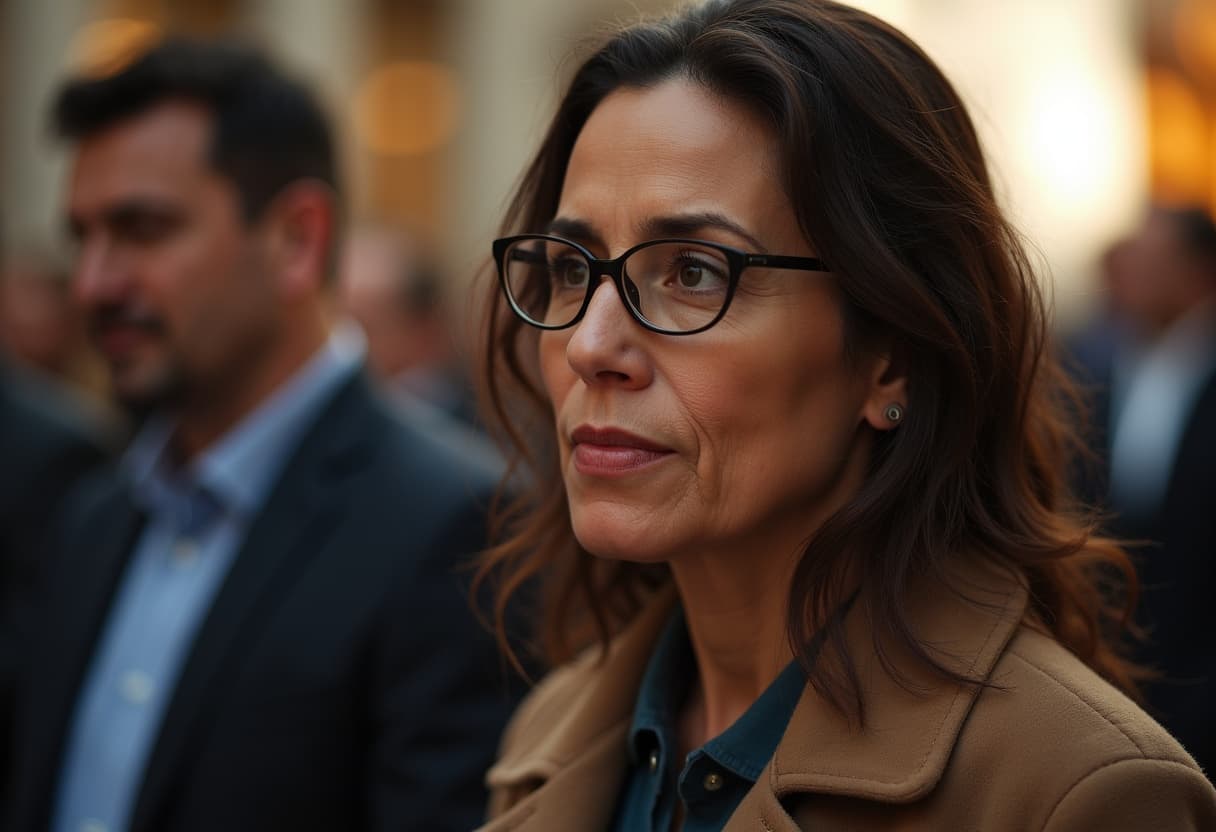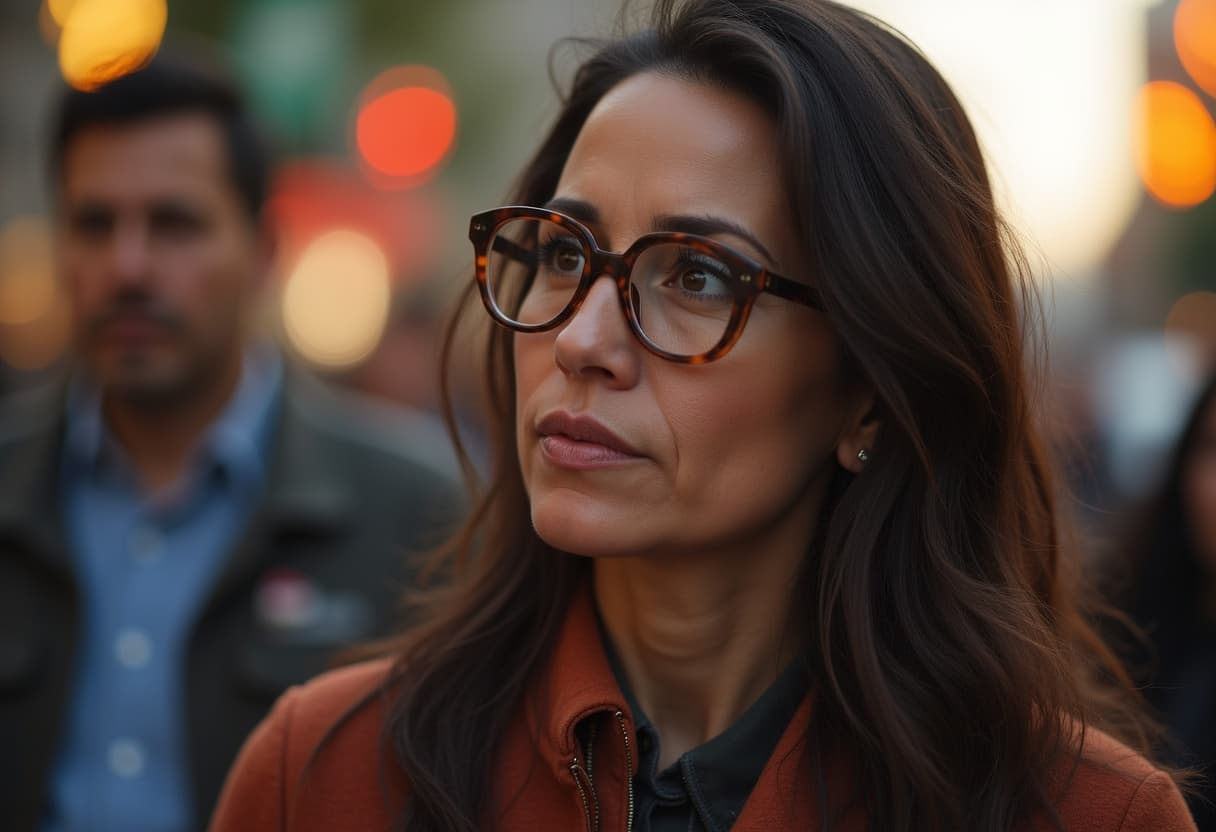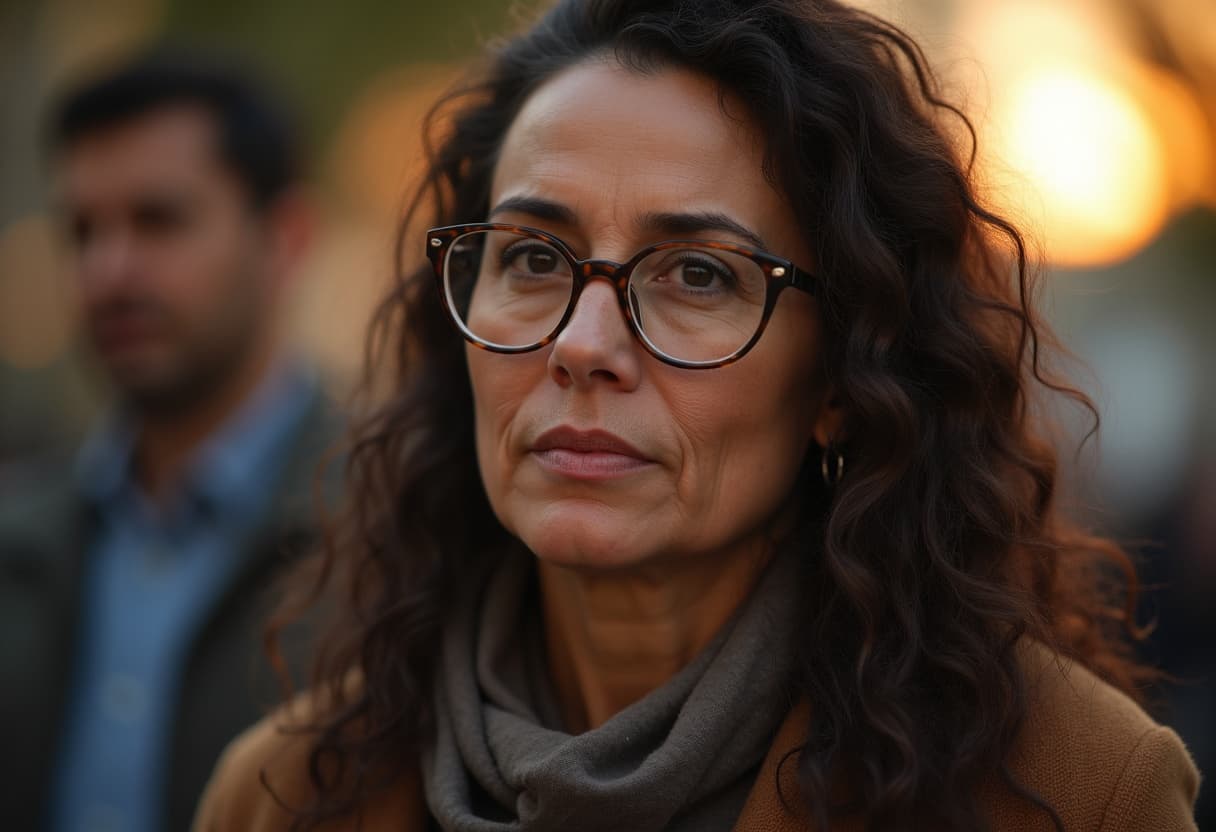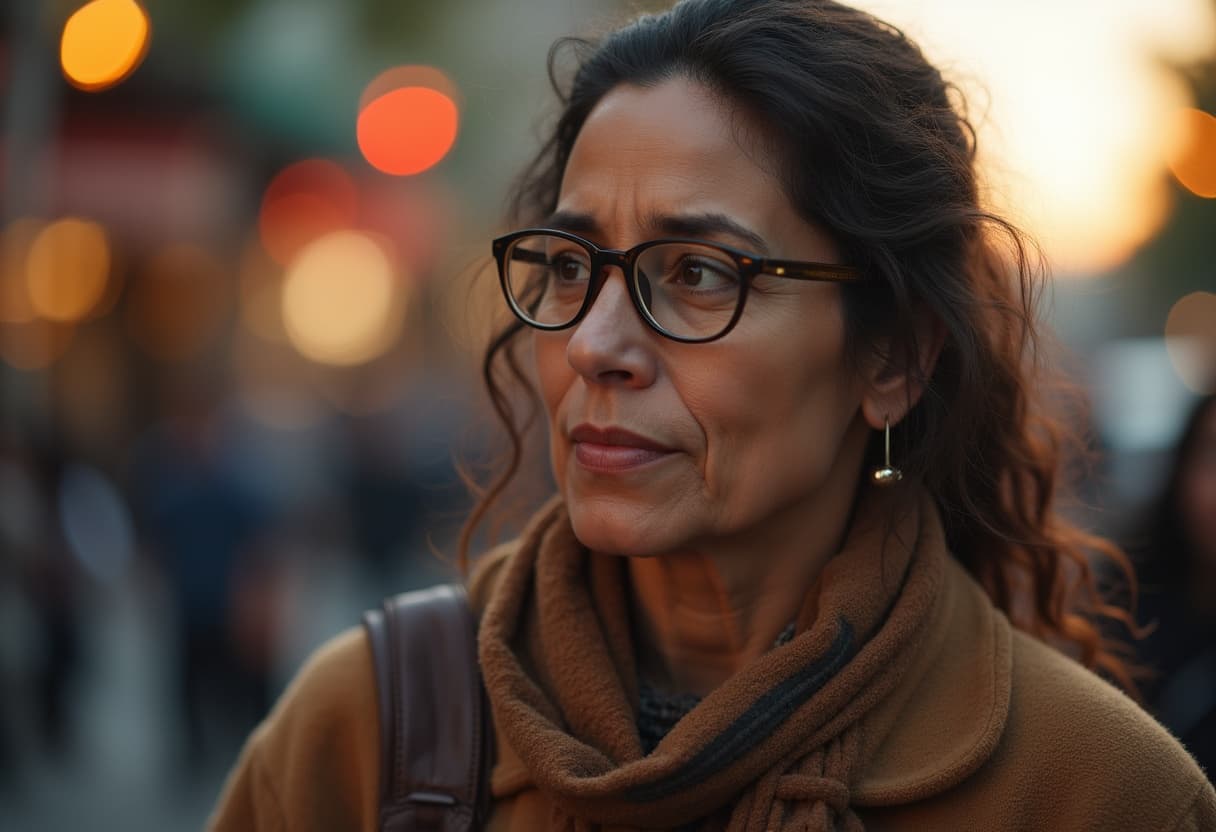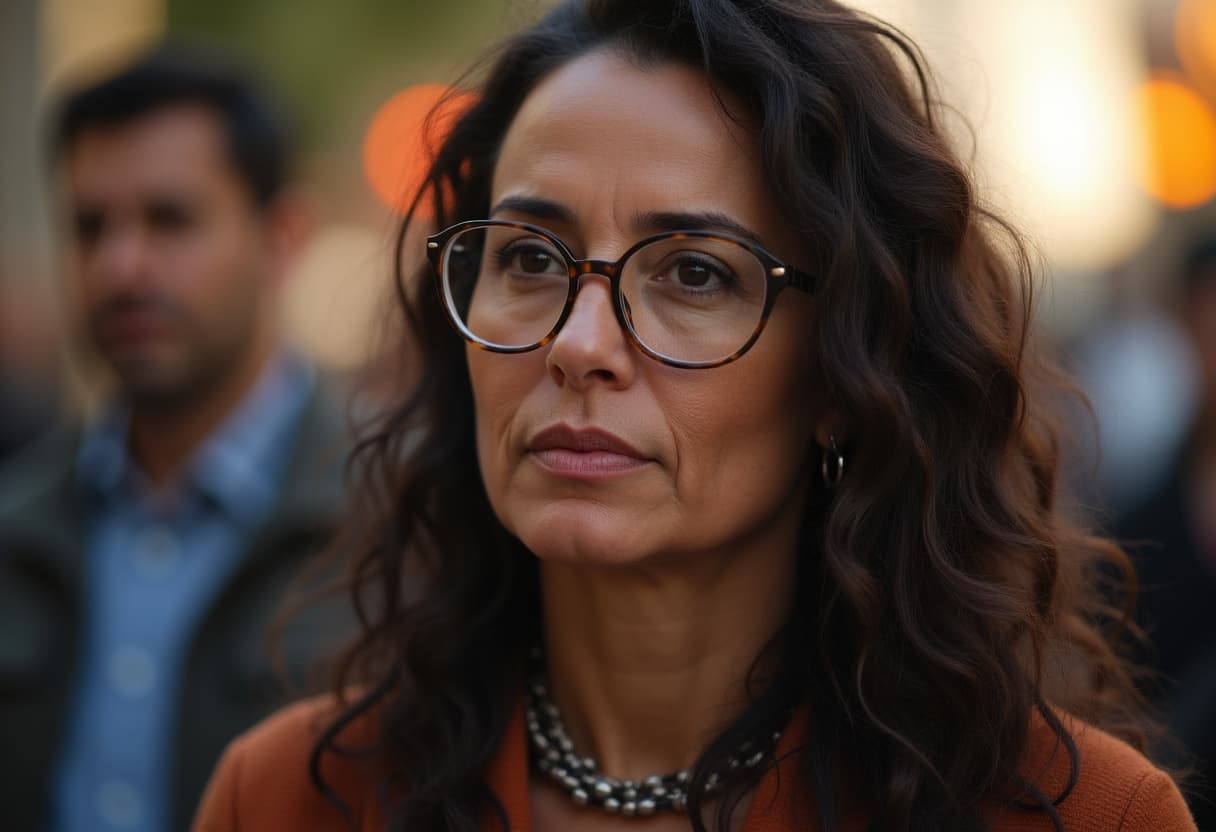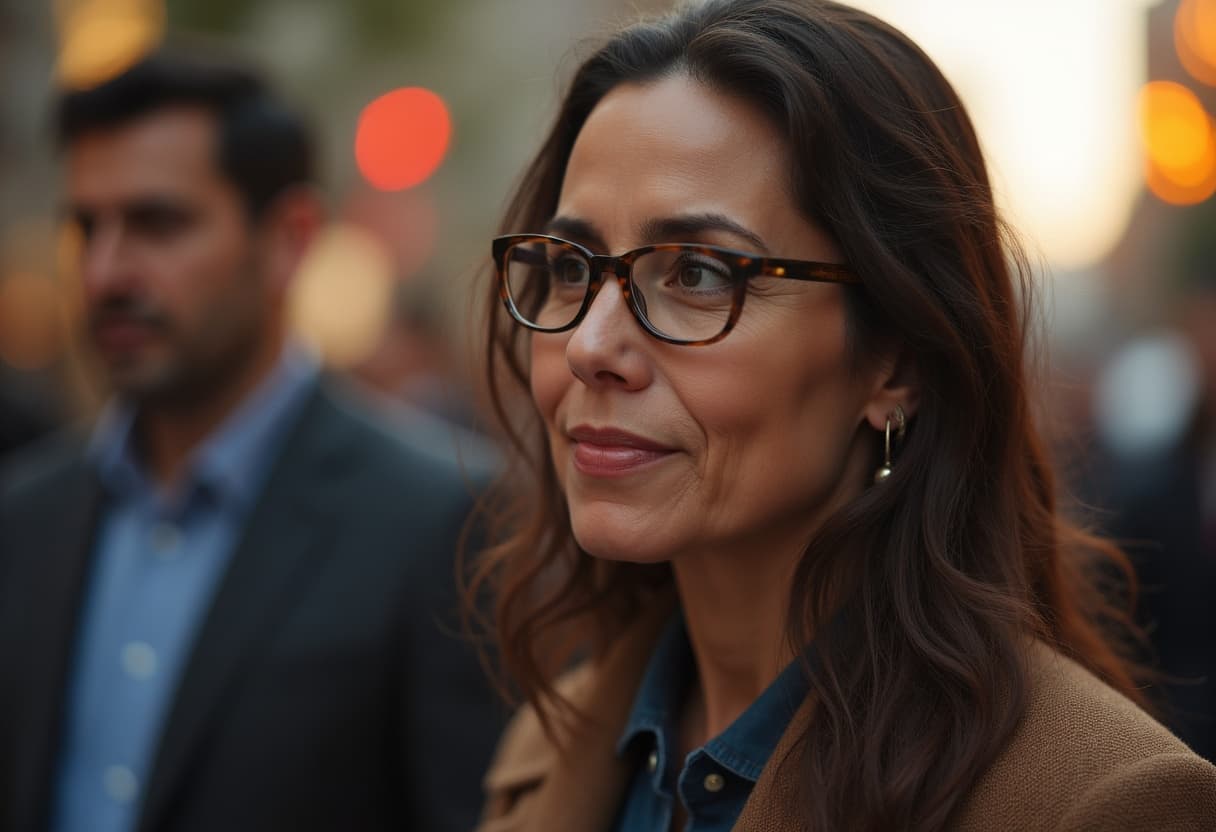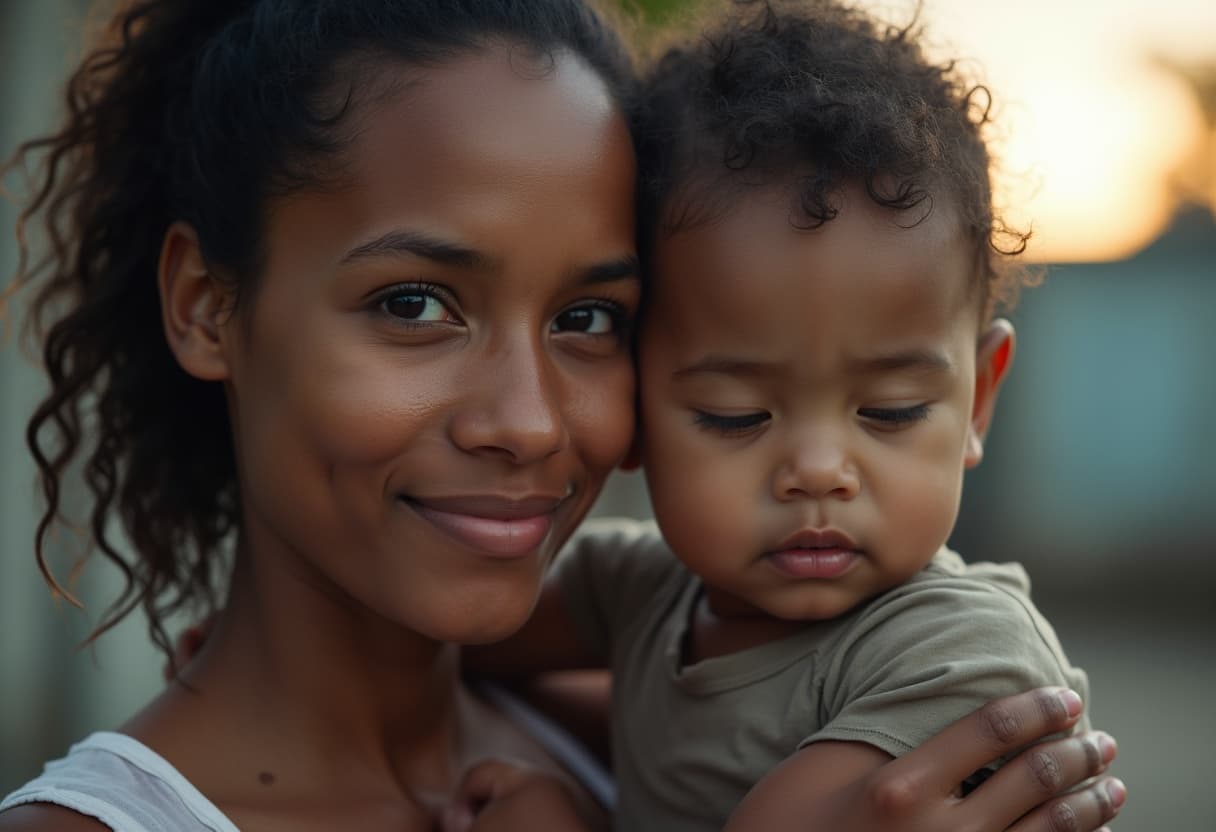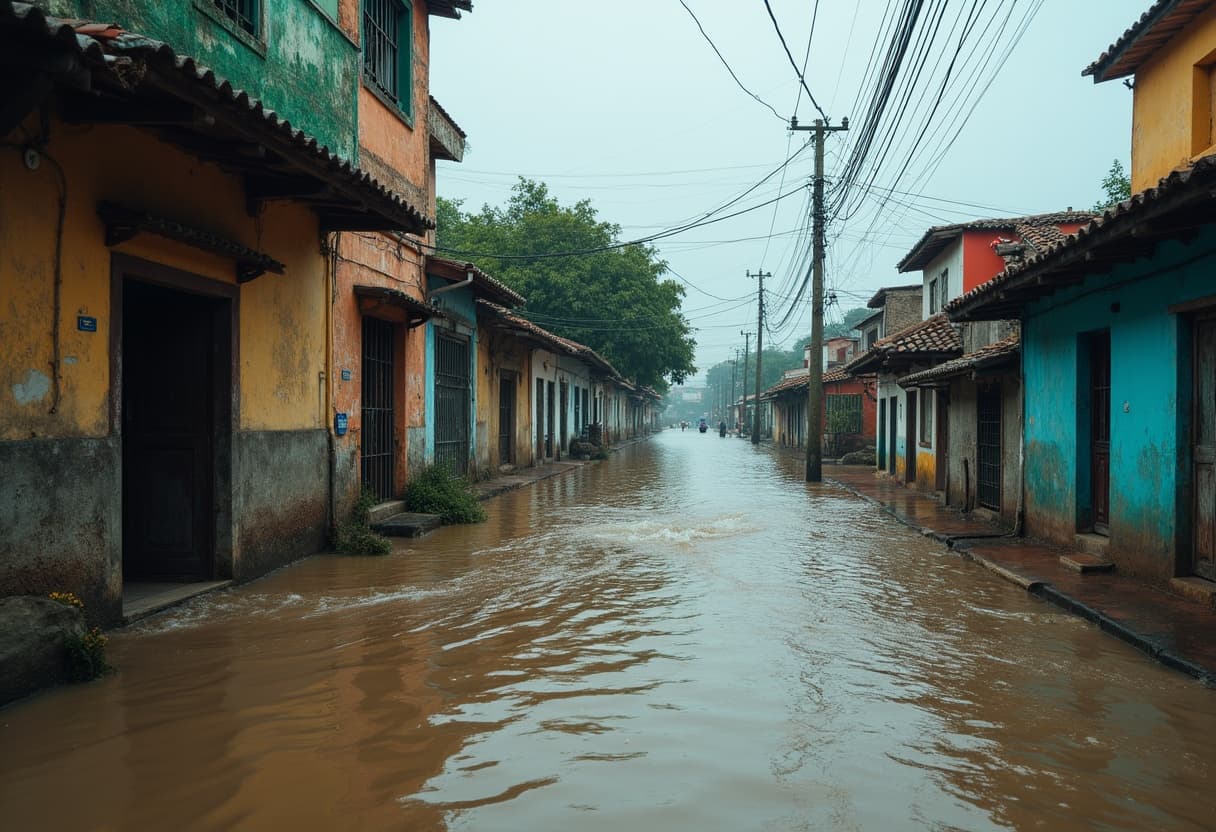María Corina Machado: From Hiding to International Spotlight
Last year, Venezuela’s fierce opposition leader, María Corina Machado, was driven into hiding after President Nicolás Maduro’s contested government clamped down on opposition figures following a disputed presidential election. Maduro’s administration, widely regarded as autocratic, held onto power amid widespread allegations of electoral fraud and political repression.
Now, against the backdrop of rising tensions and international scrutiny, Machado has been awarded the Nobel Peace Prize, signaling significant global recognition of her relentless campaign for democracy in Venezuela.
The Nobel Peace Prize: Symbolism and Substance
The Norwegian Nobel Committee emphasized Machado’s dedication to achieving a peaceful transition to democracy. Yet, her approach has been polarizing. While celebrated internationally as a champion of liberty, Machado’s strategies have sometimes included calls for robust, even military, actions against Maduro’s regime—especially efforts aligned with U.S. pressure and operations targeting drug traffickers in the Caribbean.
Her critics argue that such hardline tactics risk escalating violence and may alienate moderate factions within Venezuela and abroad, complicating efforts for dialogue.
Machado’s Stance on Military Intervention
Recently, Machado defended former U.S. President Donald Trump’s military maneuvers, including targeted strikes on vessels alleged to be trafficking narcotics. She labeled Maduro’s government as a "criminal narco-terrorist apparatus," asserting, "You can’t negotiate with a criminal narco-terrorist apparatus from a position of weakness." She insists that strength is essential to securing liberty and peace.
U.S.-Venezuelan Relations: Tensions at Sea
Adding another layer to this complex struggle, U.S. warships have been stationed near Venezuela’s coast, heightening the stakes. The American government has intensified pressure on Maduro, designating him a "narco-terrorist" and condemning his government’s ties to illegal drug trade and organized crime.
This military posturing reflects broader geopolitical concerns about stability in Latin America and the implications for U.S. national security and immigration policy.
Contextualizing Venezuela’s Crisis: A Deeper Insight
- Humanitarian Impact: Venezuela faces a severe humanitarian crisis marked by food shortages, mass migration, and economic collapse — pressures that intensify demands for effective political solutions.
- Democratic Backsliding: Machado’s Nobel Prize shines a light on the fragility of democracy in the region and the high stakes for activists opposing authoritarianism.
- U.S. Policy Dilemmas: The U.S. confronts a delicate balance between supporting democratic movements and avoiding full-scale military engagement, which has complex legal and diplomatic ramifications.
Underreported Challenges: The Human Cost and Political Divides
While the international community celebrates Machado’s recognition, the Venezuelan people face an ongoing dilemma. The tension between seeking peaceful democratic change and the temptation or necessity of forceful intervention remains an emotional and practical challenge on the ground.
Moreover, Machado’s hardline stance sparks important questions: Does endorsing military options risk undermining long-term democratic legitimacy? Could it deepen existing social fractures within Venezuela?
Looking Ahead: What Does Machado’s Nobel Win Mean for Venezuela?
The award galvanizes opposition forces but also increases scrutiny on their methods. For the Venezuelan population craving freedom and stability, the road ahead is uncertain. Machado’s leadership embodies both hope and controversy, symbolizing a struggle that extends far beyond Venezuela’s borders about how democracy is defended and restored in a world of rising authoritarianism.
Editor’s Note:
The Nobel Peace Prize bestowed on María Corina Machado highlights the profound democratic struggle facing Venezuela but also spotlights the complex intertwining of peace, power, and principle. As U.S. military presence near Venezuelan waters signals increased pressure, policymakers and citizens alike must reckon with the difficult balance between peaceful diplomacy and assertive action. Is a peaceful transition possible without strength? How can the international community support democracy without exacerbating conflict? These are urgent questions that remain at the heart of Venezuela’s crisis and the global fight for democratic ideals.


